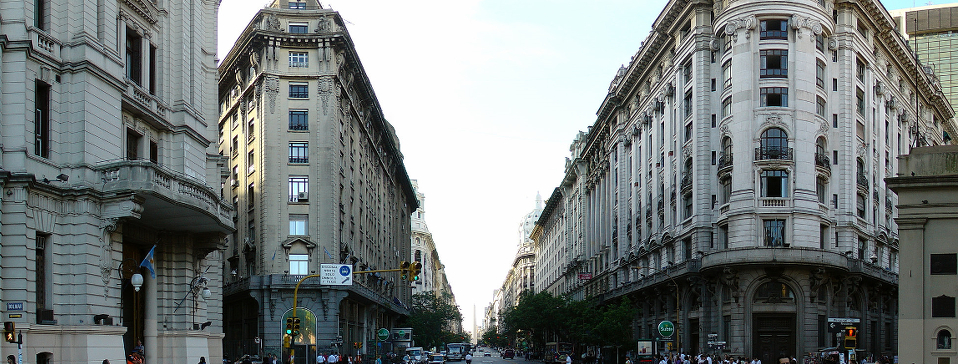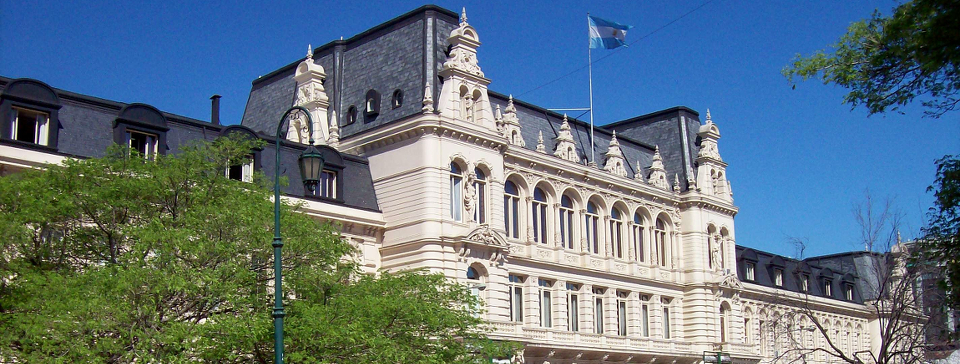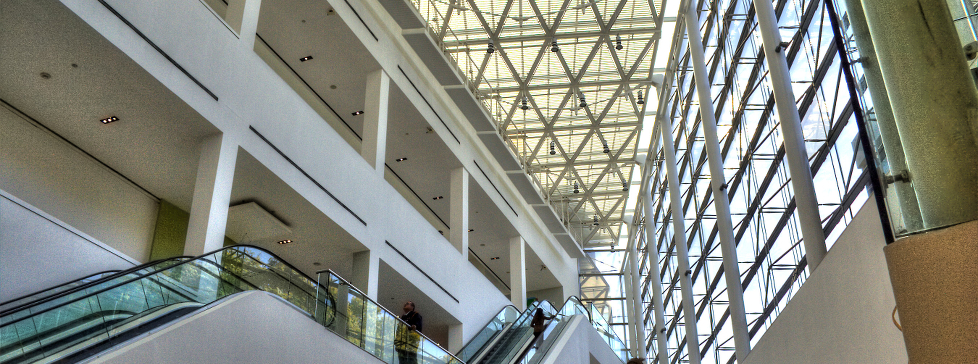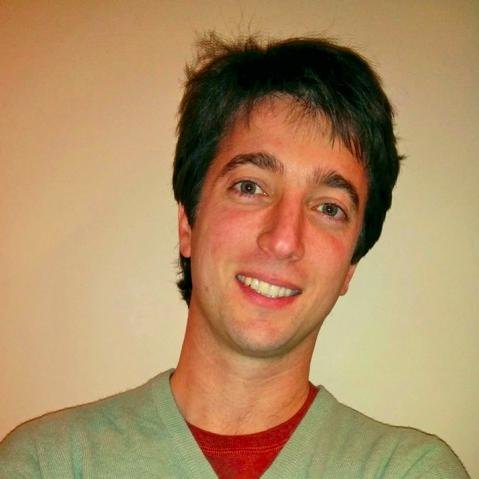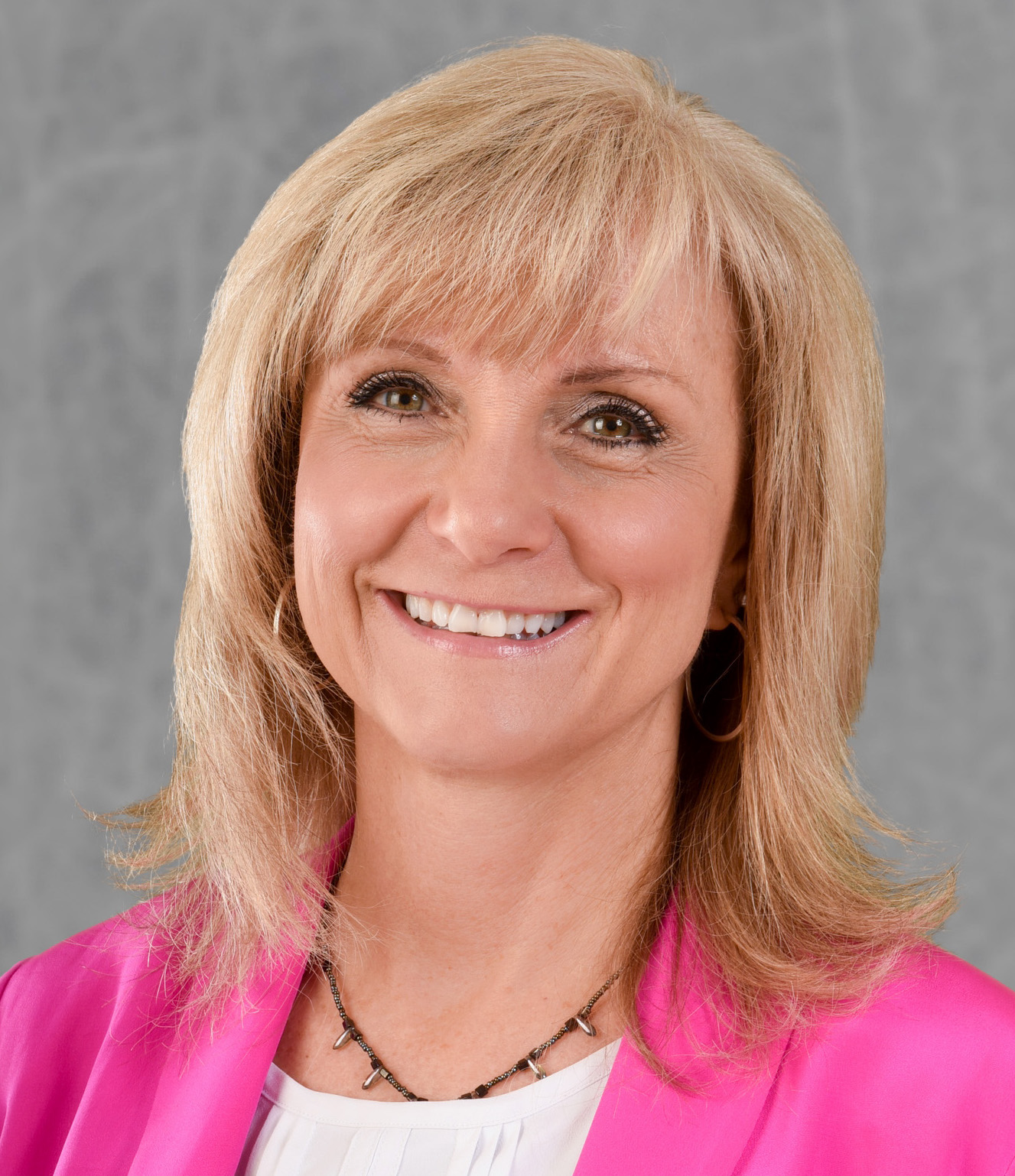HOME
ICSE 2017 is Coming!
In 2017 ICSE will be held in South America for the first time. This warmup symposium is to get ready for such a unique event!
For the first time ICSE will take place in Latin America! Next year, the 2017 edition of ICSE comes to Buenos Aires, Argentina. As part of the organisation of the conference, a series of Warm-up events are taking place, in order to increase awareness and participation of the Latin American community to ICSE.
The goal of the 3rd ICSE 2017 PhD and Young Researchers Warm Up Symposium is to provide a supportive yet questioning setting in which young researchers can present their work. Participants will be able to discuss their goals, methods, and results at an early stage in their research and receive useful guidance and feedback on various aspects of their research. The symposium will also help participants to establish a research and social network with their local peers and also with prominent members of the ICSE community.
The symposium will feature advice and guidance from leading software engineering researchers based upon their personal experiences and insights into the contemporary community. Ample time for informal and small group interactions will allow the attendees to dig deeper into pertinent questions and concerns.
There were already two symposiums held: one in Brazil in 2014 and one Chile in 2015. The last one is going to take place in Buenos Aires in September 9, co-located to the Argentine Symposium on Software Engineering (ASSE).
Invited Speakers
Rob DeLine, a Principal Researcher at Microsoft Research, has spent the last twenty-five years designing programming environments for a variety of audiences: end users making 3D environments (Alice); software architects composing systems (Unicon); professional programmers exploring unfamiliar code (Code Thumbnails, Code Canvas, Debugger Canvas); and, most recently, data scientists analyzing streaming data (Tempe). He is a strong advocate of user-centered design and founded a research group applying that approach to software development tools. This approach aims for a virtuous cycle: conducting empirical studies to understand software development practices; inventing technologies that aim to improve those practices; and then deploying these technologies to test whether they actually do.
Sebastian Elbaum is a Professor in the Computer Science and Engineering Department at the University of Nebraska. His research aims to improve system dependability through testing, monitoring, and analysis. His teaching focuses on instilling cost-effective software development principles. He is the recipient of an NSF Career Award, an IBM Innovation Award, a Google Faculty Research Award, 4 ACM SigSoft Distinguished Paper Awards (FSE2006, ICSE2008, ICSE2012, ISSTA2013) mostly for empirically studying program analysis and software testing challenges, and developing automated techniques for addressing them. He is also the recipient of an UNL Award for Excellence in Graduate Education, and more recently of a Bessey Professorship . His current development and analysis work is focused on robotic systems, more specifically UAS.
Laurie Williams is the Associate Department Head of Computer Science and a Professor in the Computer Science Department at North Carolina State University (NCSU). Laurie is a co-director of the NCSU Science of Security Lablet. Laurie's research focuses on software security; agile, lean, and continuous deployment software development practices and processes; and software reliability, software testing and analysis.
Accepted Abstracts
Reducing Energy Consumption on Mobile Devices via Code Refactorings Ana Victoria Rodriguez
Directed Controller Synthesis of Discrete Event Systems Daniel Alfredo Ciolek
Resource Allocation in Business Process Daniel Romero
Adaptability-centered Service Composition for Service-Oriented Applications Diego Anabalon
Usability of Process and Practice Diego Fontdevila
Quality Attributes and Preferences on the Synthesis of Reactive Systems Ezequiel Gustavo Castellano
An Adaptive Approach for Training Software Developers Ezequiel Scott
Behavioral semantic differentiation of API versions using enabledness-preserving abstractions Fernán Martinelli
Towards an approach supporting Mobile Web Augmentation for end users Gabriela Bosetti
Specification, Design and Implementation of a Pattern Based Parallel Computing Framework Gervasio Perez
Fully Reflective Execution Environments Guido Chari
How deal with incorrect modularization in JavaScript applications development? Hernan Vazquez
An architecture for executing service-oriented software artefacts Ignacio Vissani
Self-Refactoring: Automatically Improving Usability on Web Applications Julián Grigera
Assuring Dynamic Update: What engineers need? Leandro Nahabedian
QoS-aware service composition in mobile apps via feature models Luis Emiliano Sánchez
A Model to Analyze Software Architectures of Web Applications in the Cloud using Simulation María Julia Blas
Field-Exhaustive Testing Pablo Ponzio
Applying Model-Driven Engineering techniques to the development of robotics systems Ricardo Moran
Understanding partial verification attempts Rodrigo Castaño
Stryker: Scaling Specification-Based Program Repair by Pruning Infeasible Mutants with SAT Simón Emmanuel Gutiérrez Brida
Program
- 9:00-9:15 - Wellcome by the organizers
- 9:15-10:30 - Elevator Talk Session
- 10:30-11:00 - Coffee Break
- 11:00-11:30 - Laurie Williams: Seven Habits of Highly Effective PhD Students
- 11:30-12:30 - Poster Session
- 12:30-13:30 - Lunch
- 13:30-14:00 - Robert DeLine: A Research Career in Industry
- 14:00-15:00 - Poster Session
- 15:00-15:30 - Coffee Break
- 15:30-16:30 - Poster Session
- 16:30-17:00 - Sebastian Elbaum: From idea to paper and everything in between
- 17:00-18:00 - Conclusions and Closing
Participation
Participation is subject to submission and acceptance of an abstract (max 1,800 characters) and a short bio.
For students: include MsC/PhD start and (possibly tentative) end date.
For young researchers: include year of PhD graduation and current occupation (e.g. postdoc, junior faculty...)
Please read all of these instructions prior to submitting your paper. Papers must be submitted through Easychair. Contributions should be written in English and be prepared using IEEE format. Submissions must be in Adobe Portable Document Format (PDF) format. The PhD student or young researcher must be the only author of the abstract.
Accepted participants are expected to bring a poster that they will use to present and discuss their research with one of the invited speakers. They are also expected to bring a two minute “elevator talk” which they will have an opportunity to give.
Accepted participants will have to register at the Argentine Symposium on Software Engineering (ASSE).
If you have any questions, please send an email to diegog@dc.uba.ar .
Important Dates
Deadline for abstracts: July 22th, 2016 July 31th, 2016
Notification: August 19th, 2016
Symposium: September 9th, 2016
| Main Information / News |
|---|
|
June 2016
|
|
Invited Speakers Confirmed
|
|
May 2016
|
|
Site up and ready!
|




